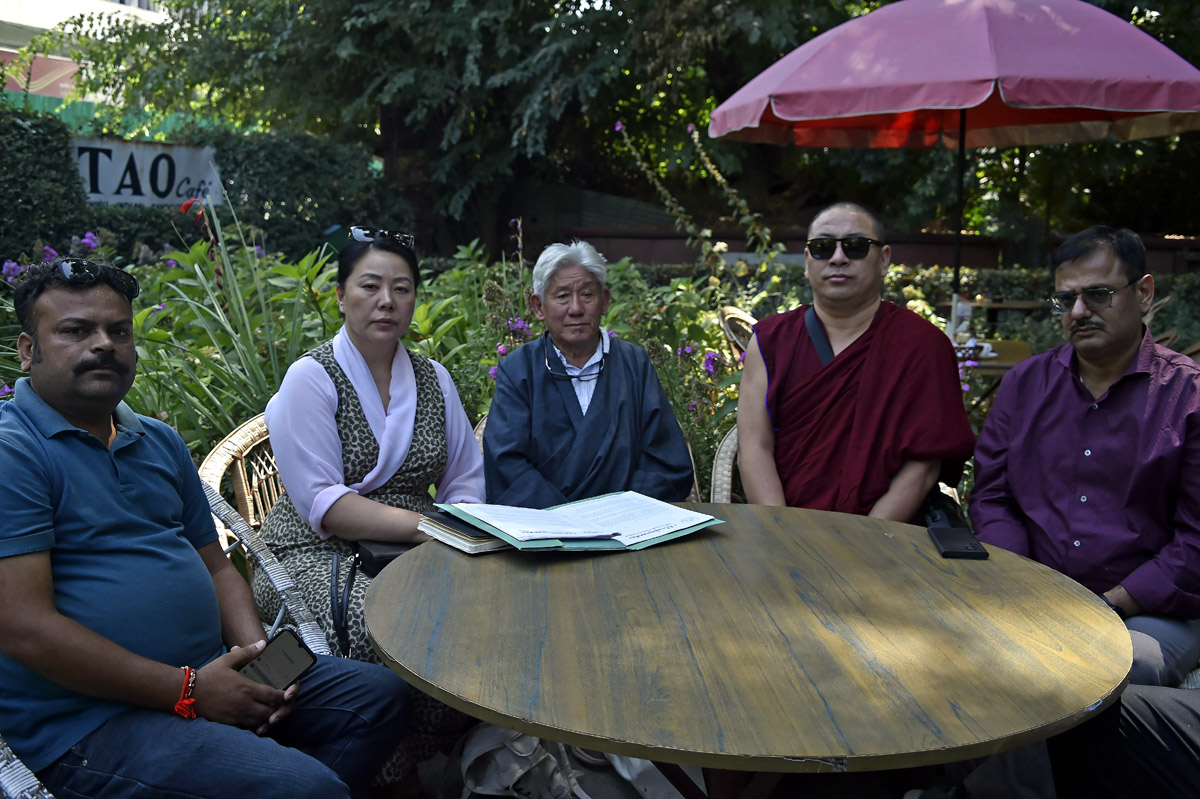Excelsior Correspondent
Srinagar, Sept 5: The democratic representatives of the 17th Tibetan Parliament-in-exile today said that the Tibetan people, living under the Chinese communist regime, are encountering numerous issues that should be brought to the attention of the government and the international community.
While addressing a press conference in Srinagar, the Parliament’s representatives emphasised that the Tibetan people have endured profound trauma due to the systematic violations of their fundamental human rights and the threat to their distinct cultural and national identity since the People’s Republic of China (PRC) invaded Tibet in 1949.
The member Parliament Van Tenpa Yarphel said that over the past seven decades, the situation in Tibet has deteriorated to the point where it now faces an imminent threat of cultural genocide and the complete erasure of Tibetan identity.
He said that Tibet and India share a millennia-old history of friendly coexistence and cultural exchange. These two nations have been neighbours with deep-rooted ancient as well as contemporary civilizational ties. “Throughout history, there has never been any territorial boundary between India and China,” he added.
He also mentioned that such a boundary has emerged now and remains a subject of dispute, with Tibetan people residing behind those boundaries continuing to suffer under China’s oppressive policies.
Click here to watch video
“Due to the brutality of the policies enforced by the PRC government in Tibet over the years, a total of 157 documented cases of Tibetans from various walks of life have resorted to self-immolation as a form of protest,” he said.
He said that in an effort to resolve the Tibet-China conflict based on the middle-way policy, the Central Tibetan Administration (CTA) has tirelessly worked to initiate a series of confidence-building measures during the nine rounds of talks that occurred between 2002 and 2010.
“Since 2010, no further dialogues have taken place with the PRC, and the responsibility for reinitiating dialogue now rests entirely with them,” he said.
Trending Now
E-Paper


